
Lawmakers should lift restrictions on the federal government to help providers get assistance more quickly, the American Hospital Association says.

Lawmakers should lift restrictions on the federal government to help providers get assistance more quickly, the American Hospital Association says.
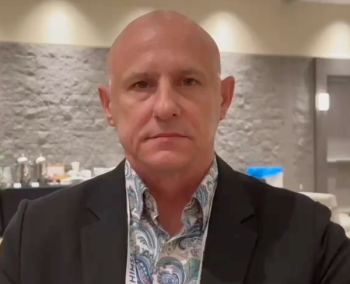
Health system leaders know the financial risks of cyberattacks, as shown by the Change Healthcare attack. Now, they are seeing cybersecurity is essential to protecting patients.
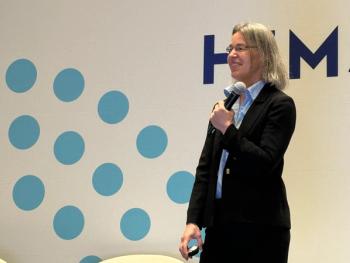
Ann Cappellari of SSM Health says providers must find ways to reduce burdens on staff. But it’s vital to identify key problems before adopting new solutions.

Most providers have been affected in some way by the ransomware attack, but it’s been more damaging to those with fewer resources.

Healthcare leaders at the HIMSS conference spoke about AI’s remarkable potential, but some worry that it could worsen disparities in care.

The healthcare technology conference was dominated by talks about AI in healthcare and ransomware attacks. It was the first conference since Informa Markets began managing the event.

The company has processed claims for health systems and physicians affected by the Change Healthcare cyberattack, handling more than $5 billion in claims.

The American Hospital Association said 94% of its members have suffered financially due to the ransomware attack. Most are also seeing impacts on patient care.
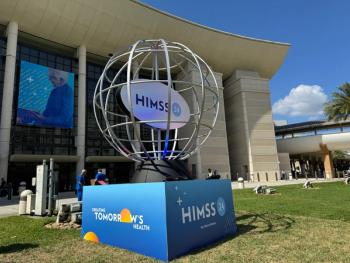
Tens of thousands came to the HIMSS Conference in Orlando, and AI and cybersecurity dominated the conversation.
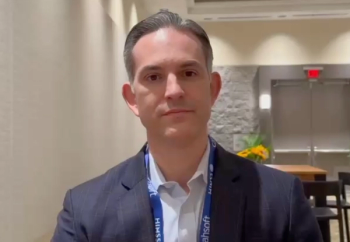
Clearwater CEO Steve Cagle talks about important lessons from the ransomware attack that has affected hospitals and providers nationwide.
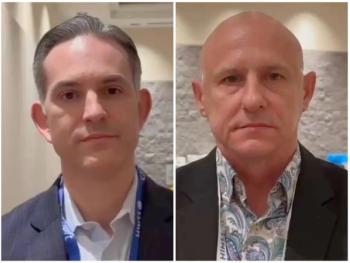
Health systems should look at cybersecurity as more than an expense. Improving cybersecurity can strengthen the brand and open new business possibilities.

The U.S. Department of Health & Human Services wants to determine if there was a violation of federal privacy regulations. HHS noted the ‘direct threat’ to patient care.
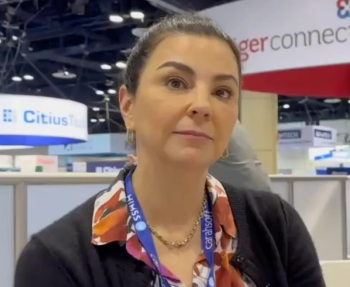
More than a dozen health systems are teaming with Microsoft in a new initiative to ensure the responsible use of AI in healthcare. Jennifer Stoll of Ochin talks about the effort.
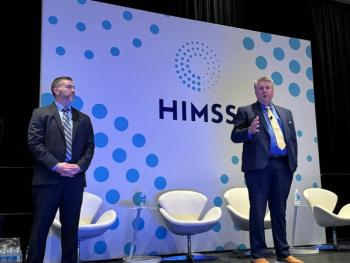
Hackensack Meridian Health revamped its cybersecurity program after a breach in 2019. Leaders from the New Jersey system shared steps for other hospitals at the HIMSS Conference.
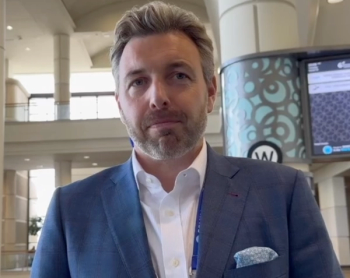
Brendan Watkins, chief analytics officer at Stanford Children’s, talks about synthesizing data, helping clinicians, and why governance shouldn't be boring.
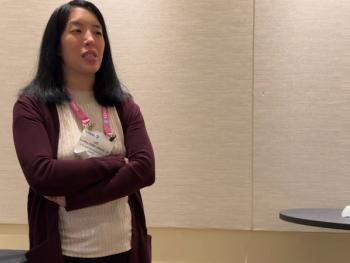
The attack has disrupted hospitals and clinicians across America. Lee Kim of HIMSS says even the largest organizations are vulnerable, and healthcare providers have work to do.
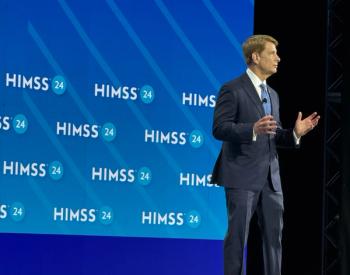
Robert Garrett, chief executive officer of Hackensack Meridian, talked about the potential for artificial intelligence to improve health outcomes, access, and equity.
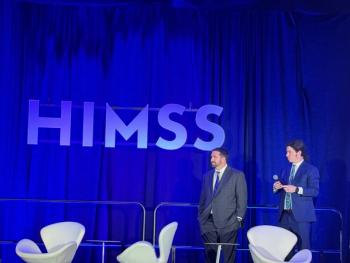
Researchers at UC San Diego Health talk about the wide-ranging impacts of a ransomware attack in California, and the need for more research of cyberattacks in healthcare.
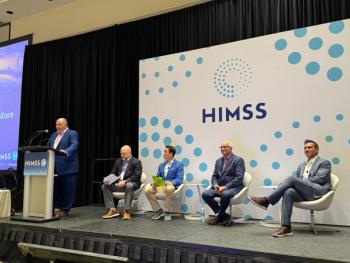
Healthcare leaders say AI will change the industry, but experts on a panel at the HIMSS Conference say the early wins will come with reducing business burdens for clinicians.

Hal Wolf, HIMSS president and CEO, offers some tips for making the most out of the 2024 conference.

The Global Health Conference & Exhibition is drawing more than 30,000 to Orlando this week. Hal Wolf talks with us about the big event, health technology and improving access to care.

Dan Dodson, the CEO of Fortified Health Security, talks about the risks to hospitals, AI in attacks and defense, and what health systems can do to protect themselves.

United HealthGroup, Change’s parent company, expects to begin testing the claims network on March 18. Hospitals and doctors say the attack has caused major disruptions.
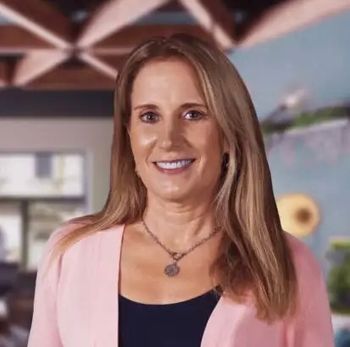
One in five workers left their jobs within 12 months, and leaders are less engaged. Jessica Dudley of Press Ganey talks about a new report on engagement.

The U.S. Department of Health & Human Services outlines steps to help providers. The American Hospital Association and others called for more action.